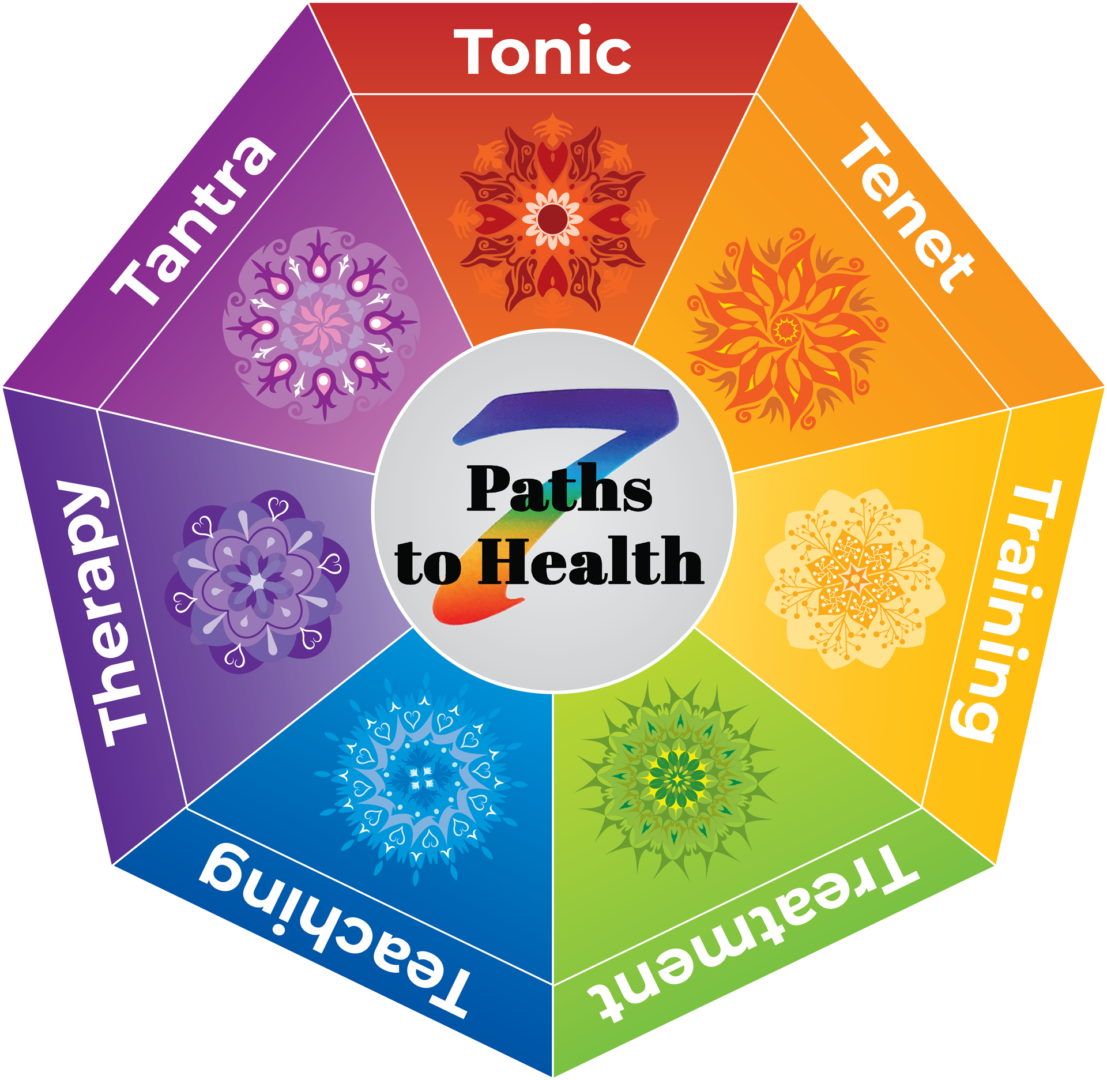Grievance Procedure
What is a grievance or complaint?
A complaint is an expression of dissatisfaction, either written or spoken. A complaint can be made by an individual or a group. You may wish to complain if you are not satisfied with the way you have been treated, the service you have received or the tuition you have received from your teacher.
Principals
Vedic Healing recognises that complaints are an important part of customer’s feedback.
- All complaints will be investigated fully and fairly.
- Complaints will be dealt with in confidence. The only exception to this is when others could be put at risk by matters referred to in the complaint.
- If the complainant is not happy with the result of the response to the complaint, they will have the right to appeal to the teachers’ industry body such as Yoga Alliance UK.
Your school is committed to ensuring that its services, products and courses are of the highest quality. The complaints procedure enables your organisation to respond clearly and properly to complaints and to know when and why people are not satisfied with its services and courses, so that they can improve them.
Complaints about a Therapeutic mind and body class or Course
There are three stages that you can follow to try to resolve the issue. We will always try to resolve any complaint as soon as possible.
You may wish to involve an advocate, friend or someone else to support you at any stage. If you need a sign language or community language interpreter, please let the person dealing with the compliant know and every reasonable effort will be made to provide it.
Stage One:
Speak to the individual(s) concerned and try to resolve the complaint informally on the day.
If you are not satisfied with the response you have received, try to resolve the issue by following stage two.
Stage Two:
Outline the details of your complaint by letter or email and send it to the person who will investigate the complaint.
Your complaint will be acknowledged within 3 working days from the date it is received. The response will contain the following information:
- Name of the person who will investigate the complaint
- The date(s) that the incident happened
- What support you can expect to receive during the process of the complaint
- An expected response date
In fairness to all parties and to ensure the investigator is able to investigate the complaint in an open and meaningful way, we cannot guarantee your anonymity. In exceptional cases, however, where a child or vulnerable adult is involved, in accordance with national guidelines and good practice the identity of individuals at risk with be protected.
When the person(s) who are dealing with the complaint, have had an opportunity to review it, they will write to the tutor or person about whom the complaint has been made. The letter will outline the main elements of your complaint and ask for a full written response.
At this point, if further relevant information comes to light, you may be asked for your comments to ensure the investigator has a balanced understanding. When your response has been received, the investigator will consider all the information available to them and make a decision.
The response will include the following information:
- Details of the investigation
- A decision about whether the complaint was upheld or not
- The reason for the decision
- The re-dress, if appropriate, which will be offered to you , for example, an apology, additional help or directing you to other sources of advice or support
- Any other action that may be taken in light of the complaint
- If it is not possible to provide a full answer to your complaint within 30 working days, the letter will outline reasons why and give a date by which a full answer is expected.
Have a question?
Do not hesitate to get in touch with us if you have any question or if you want to get involved in one of our important community projects.
Phone: 07376717080
Email: astrologyvedic369@gmail.com

